On Wednesday 27 March, we held a webinar on the Sustainable Farming Incentive (SFI) and Countryside Stewardship (CS) schemes for upland farmers. In this post, we summarise what we covered and include links for you to learn more.
We recently held a webinar for livestock and grassland farmers in England. In the webinar, we gave an overview of the Sustainable Farming Incentive (SFI) offer and how the scheme supports both productivity and the environment. We also covered the Animal Health and Welfare Pathway and the grants on offer through the Farming Equipment and Technology …
Since we opened the Sustainable Farming Incentive (SFI) for applications, we’ve continued to refine the scheme. One of the things we’ve been monitoring is the impact of those actions which take land out of food production. In this post, we’ll explain why we’re putting area limits on some SFI actions.
We’re committed to ensuring that the policies underpinning our environmental land management schemes are based on the very latest and best possible evidence. One evidence source is the recently published qualitative environmental impact assessment (QEIA). In this post I’ll give an overview.
In June 2023, we launched a consultation on hedgerow protections in England. Today, we published the summary of the responses alongside the government's response. This includes proposed exemptions to the requirements. In this post, I'll share a summary.
In this Farming in Protected Landscapes spotlight post, we hear from Juliette Howlett of the Broads Authority. Working with the Waveney Farming Cluster, this FiPL project seeks to improve the efficiency of nutrient use and reduce nitrate and phosphate pollution.
In this post, we share 3 videos from Velcourt 2024 featuring Farming and Countryside Programme Director Janet Hughes. The videos include an update on the agricultural transition, the latest on the farming offer in England and questions from the attendees.
The Farming Equipment and Technology Fund (FETF) 2024 includes 3 grants to help you buy items to improve productivity, manage slurry and improve animal health and welfare. Today, we published the grant guidance on GOV.UK. In this post, I’ll give an overview, include links and share details of an upcoming webinar on 12 March for …
Farmers and land managers participating in Weald to Waves share their experiences of taking part in tests and trials. The test is part of a wider project, led by Knepp Estate, which aims to build a wildlife corridor stretching from Ashdown Forest to the Sussex coast. Along the way, they share with us how they …
Over the past few weeks, we've summarised the updates to our environmental land management offer by farm type. These posts follow last month's Agricultural Transition Plan update. In this post, we’ll focus on the updated offer for livestock and grassland farmers.
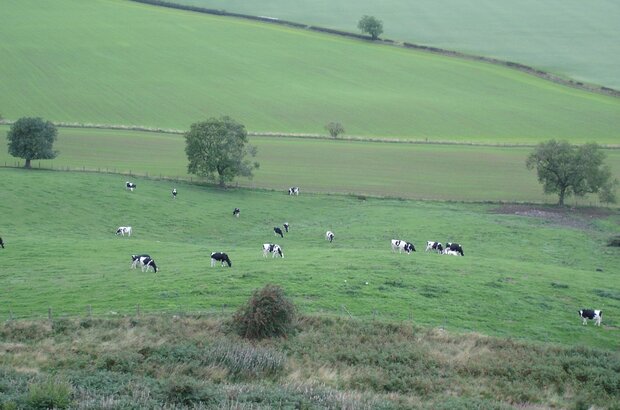

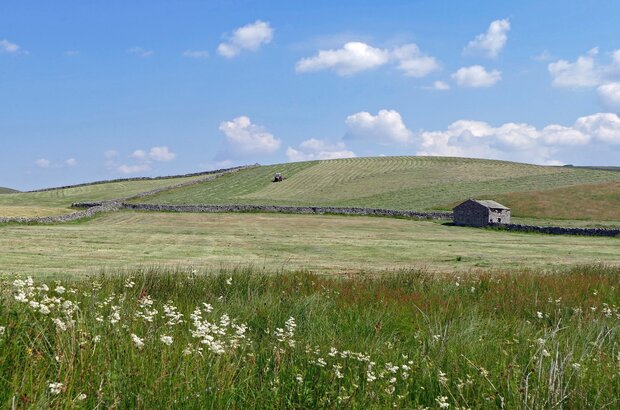
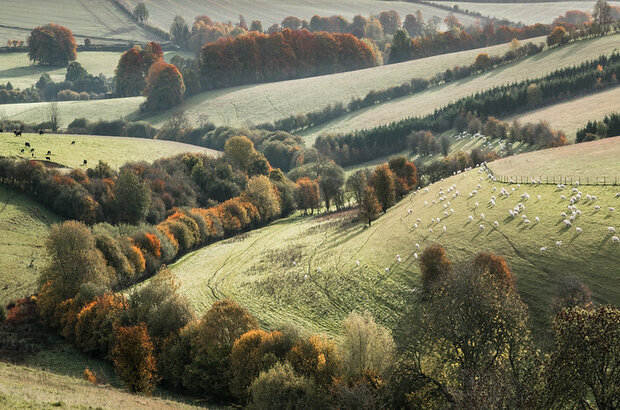
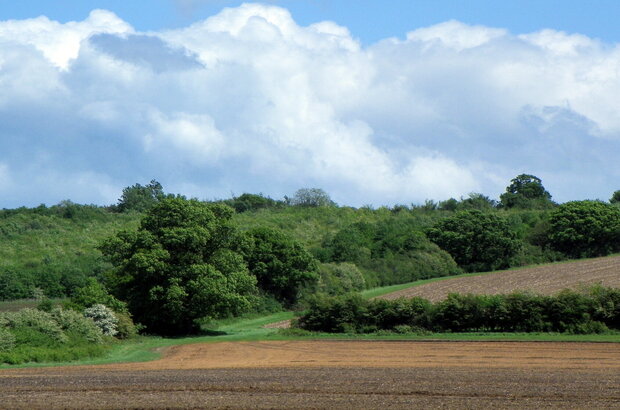
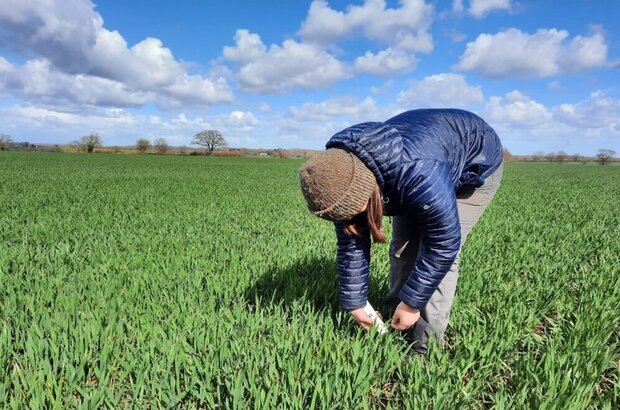
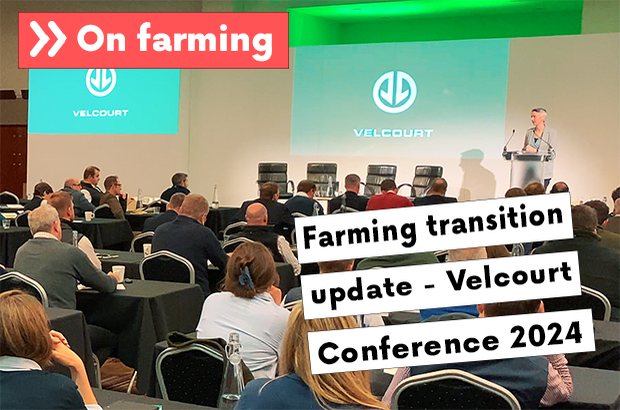
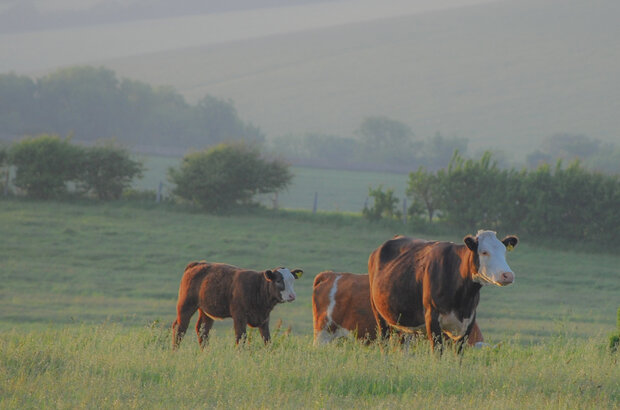
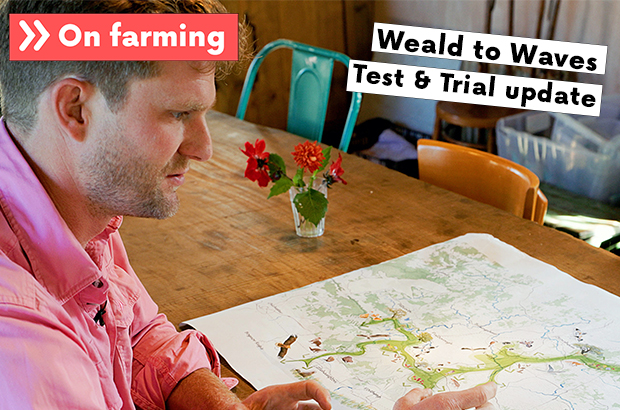
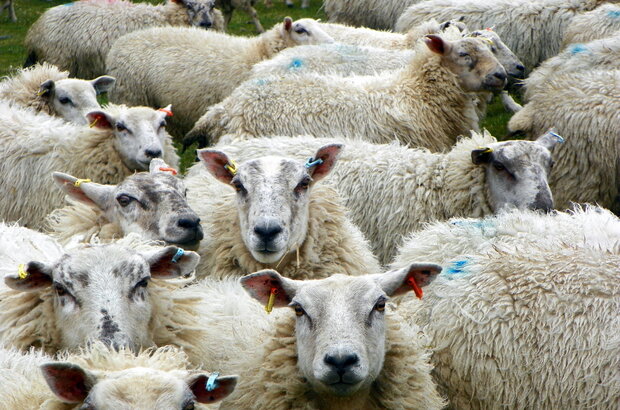

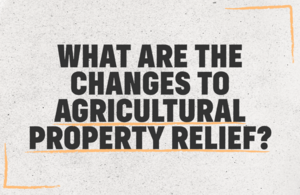
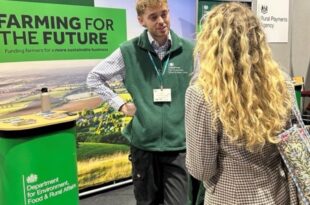

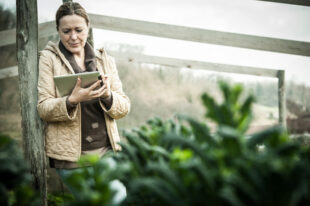

 The
The 